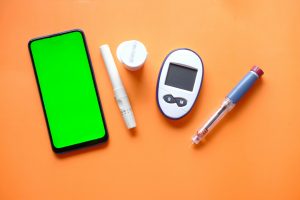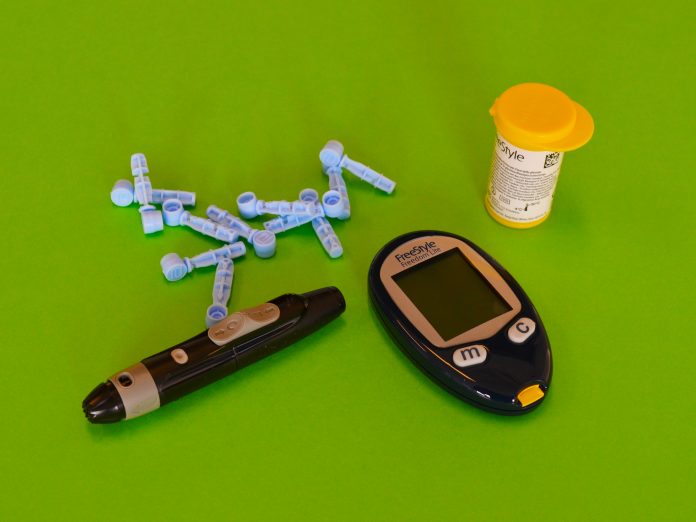Introduction
After indulging in a satisfying meal, it’s common to feel drowsy. However, for some individuals, falling asleep after eating might raise concerns, especially if it occurs frequently. One question that often arises is whether feeling asleep after eating could be an indication of diabetes. Let’s delve into this topic to understand the potential link between post-meal sleepiness and diabetes.
Link Between Diabetes and Post-Meal Sleepiness
The symptom commonly associated with diabetes is fatigue, which can manifest as feeling excessively tired or sleepy, particularly after meals. The mechanism behind post-meal sleepiness in individuals with diabetes is not fully understood, but it may be related to fluctuations in blood sugar levels. When blood sugar levels increase quickly after a meal, the body might release insulin in response. This can cause blood sugar levels to plummet suddenly, potentially resulting in sensations of fatigue.
Other Causes of falling asleep after eating
While post-meal sleepiness can be a symptom of diabetes, it’s essential to consider other potential factors that may contribute to this phenomenon. Overeating, consuming meals high in carbohydrates or refined sugars, and inadequate hydration can all contribute to feelings of drowsiness after eating, regardless of whether diabetes is present. Moreover,certain medical conditions, such as sleep apnea and hypothyroidism, can also cause excessive daytime sleepiness.
Risk Factors for Diabetes
Many factors can elevate the risk of developing diabetes, including obesity, lack of physical activity, family history of diabetes, and age. People who are overweight or obese face a greater risk of developing type 2 diabetes, as excess body fat can disrupt both the production and utilization of insulin.
Signs and Symptoms of Diabetes
Besides feeling sleepy after meals, diabetes can also present with frequent urination, excessive thirst, sudden weight loss, blurred vision, and slow wound healing. Fatigue is frequently cited as an early indicator of diabetes, as the body’s cells struggle to use glucose efficiently for energy.
Support Healthy Blood Sugar with bloodsugarberry
Click Here To Buy
Diagnosis of Diabetes
Diabetes can be diagnosed through various blood tests, including fasting blood sugar tests, oral glucose tolerance tests, and hemoglobin A1C tests. These special tests measure the levels of glucose in the blood and help healthcare providers determine whether an individual has diabetes or is at risk of developing the condition.
Management and Treatment
Management of diabetes typically involves lifestyle modifications, such as adopting a healthy diet, engaging yourself in regular physical activities like exercise, monitoring blood sugar levels, and taking medications as prescribed. In some cases, insulin therapy may be necessary to help regulate blood sugar levels effectively.
Prevention
While certain risk factors for diabetes, such as family history and age, cannot be changed, there are actions people can take to lower the risk of developing the condition. Maintaining a healthy lifestyle through a well- balanced diet and regular exercise, avoiding excessive consumption of sugary and processed foods, and managing stress levels can all help prevent or delay the risk of diabetes.
Conclusion
In conclusion, falling asleep after eating can be a sign of diabetes, especially when you have other symptoms like increased thirst, frequent urination, and unexplained weight loss. However, post-meal sleepiness can also be attributed to various other factors, including overeating and poor dietary choices. Pay attention to your body’s signals and consult with a healthcare provider if you experience persistent symptoms of fatigue or other signs of diabetes.
FAQs
What are the early signs of diabetes?
Early signs of diabetes include fatigue, increased thirst, frequent urination, and unexplained weight loss.
Can diabetes cause sleepiness after eating?
Yes, diabetes can cause post-meal sleepiness, particularly when blood sugar levels fluctuate.
Is post-meal sleepiness always a sign of diabetes?
No, post-meal sleepiness can be caused by various factors, including overeating and poor dietary choices, not necessarily indicating diabetes.
What foods should I avoid if I’m at risk for diabetes?
If you’re at risk for diabetes, it’s advisable to limit your intake of sugary and junk foods.
Also Read: 6 best mosquito repellent creams for long-lasting protection
Support Healthy Blood Sugar with bloodsugarberry
Click Here To Buy
Affiliate Disclosure:
The links contained in this product review may result in a small commission if you opt to purchase the product recommended at no additional cost to you. This goes towards supporting our research and editorial team and please know we only recommend high quality products.
Disclaimer:
Please understand that any advice or guidelines revealed here are not even remotely a substitute for sound medical advice from a licensed healthcare provider. Make sure to consult with a professional physician before making any purchasing decision if you use medications or have converts following the review details shared above. Individual results may vary as the statements made regarding these products have not been evaluated by the Food and Drug Administration. The efficacy of these products have not been confirmed by FDA approved research. These products are not intended to diagnose, treat, cure or prevent any disease.




